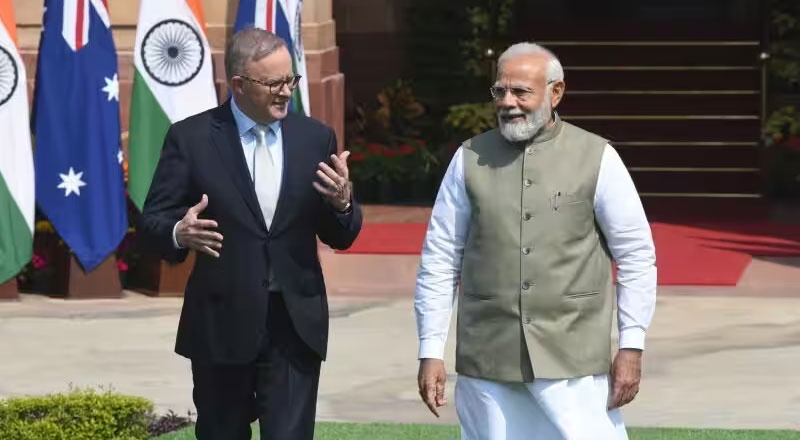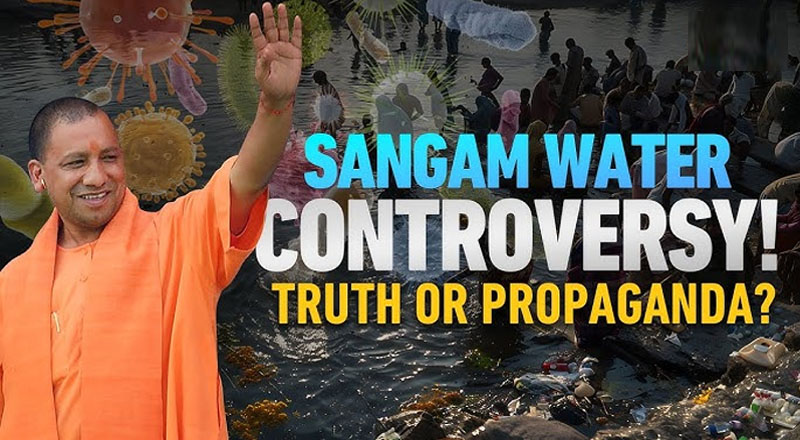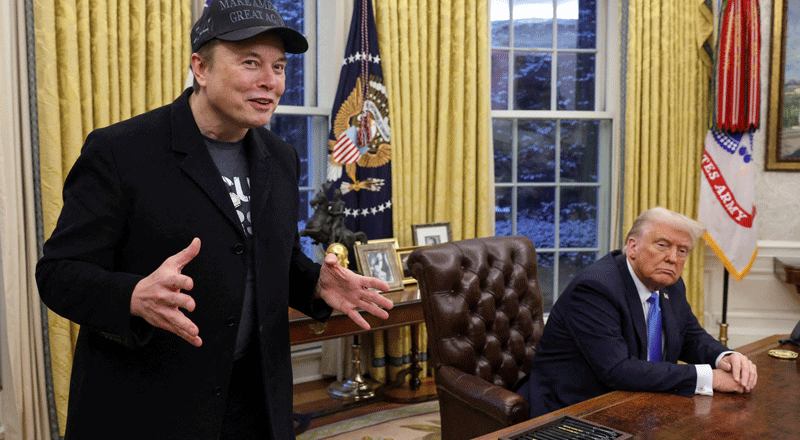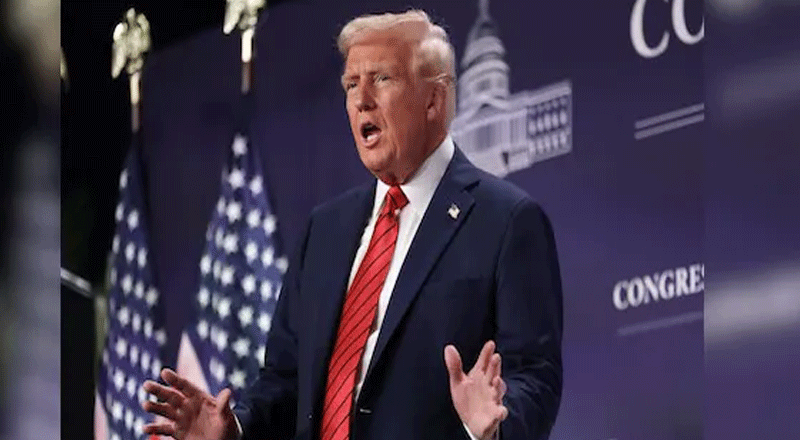- The Australian universities asked the education agents to not consider students from Punjab, Haryana, Uttarakhand, Uttar Pradesh, and the Union Territory of Jammu and Kashmir.
- The report indicated that one in four applications is now deemed “fraudulent” or “non-genuine” by the country’s Department of Home Affairs.
- It is pertinent to mention, the ban was announced prior to Prime Minister Narendra Modi’s three-day visit to Australia.
- Western Sydney University informed that they could no longer recruit students from Punjab, Haryana, and Gujarat, citing a large number of Indian students who started courses in 2022 who had dropped out.
- The university said the ban would be in place for at least two months and that additional measures would be taken to address the issue of non-genuine students enrolling with the university.
- The concern was that a considerable number of applicants, rather than genuinely seeking educational opportunities, appear to have ulterior motives instead of pursuing their intended studies.
Amid a surge in fraudulent visa applications, two more Australian universities have banned the recruitment of Indian students from some states, The Sydney Morning Herald reported. Federation University in Victoria and Western Sydney University in New South Wales have separately announced bans on the intake of students from Punjab, Haryana, Gujarat, Uttarakhand, Uttar Pradesh, and the Union Territory of Jammu and Kashmir.
Both universities separately wrote to education agents last week asking them to no longer recruit students from these states. The report indicated that one in four applications is now deemed “fraudulent” or “non-genuine” by the country’s Department of Home Affairs.
It is pertinent to mention, the ban was announced prior to Prime Minister Narendra Modi’s three-day visit to Australia, during which a large community event for the Indian diaspora was scheduled to take place in Sydney. Australian PM Anthony Albanese and PM Modi have agreed to increase student mobility and collaboration. They signed a migration and mobility agreement to promote exchanges in education, research, and business. This move will strengthen ties between the two nations and encourage cultural and knowledge sharing.
Western Sydney University informed agents in its letter that they could no longer recruit students from Punjab, Haryana, and Gujarat, citing a large number of Indian students who started courses in 2022 who had dropped out. “Due to the urgency of this matter, the university has decided to pause recruitment from these regions in India, effective immediately.” the letter further said.
The university said the ban would be in place for at least two months and that additional measures would be taken “to address the issue of non-genuine students enrolling with the university from these regions, including changes to application screening, stricter admissions conditions and increases to commencement fees”.
Last month, Australian universities, including Victoria University, Edith Cowan University, Torrens University, and Southern Cross University placed a ban or restriction on students from some Indian states in response to a surge in fraudulent applications seeking to work and not study, in the country. Two other universities – Wollongong and Flinders – altered their entry process in March for overseas students from countries considered “high risk”, but both said they were not restricting enrolments from specific Indian states.
The concern was that a considerable number of applicants, rather than genuinely seeking educational opportunities, appear to have ulterior motives centered around employment prospects in Australia instead of pursuing their intended studies.
In February, Edith Cowan University in Perth implemented a comprehensive prohibition on accepting applicants from the Indian states of Punjab and Haryana. Subsequently, in March, Victoria University further tightened its restrictions on student applications, extending to eight Indian states, including Uttar Pradesh, Rajasthan, and Gujarat.
(With inputs from agencies)





